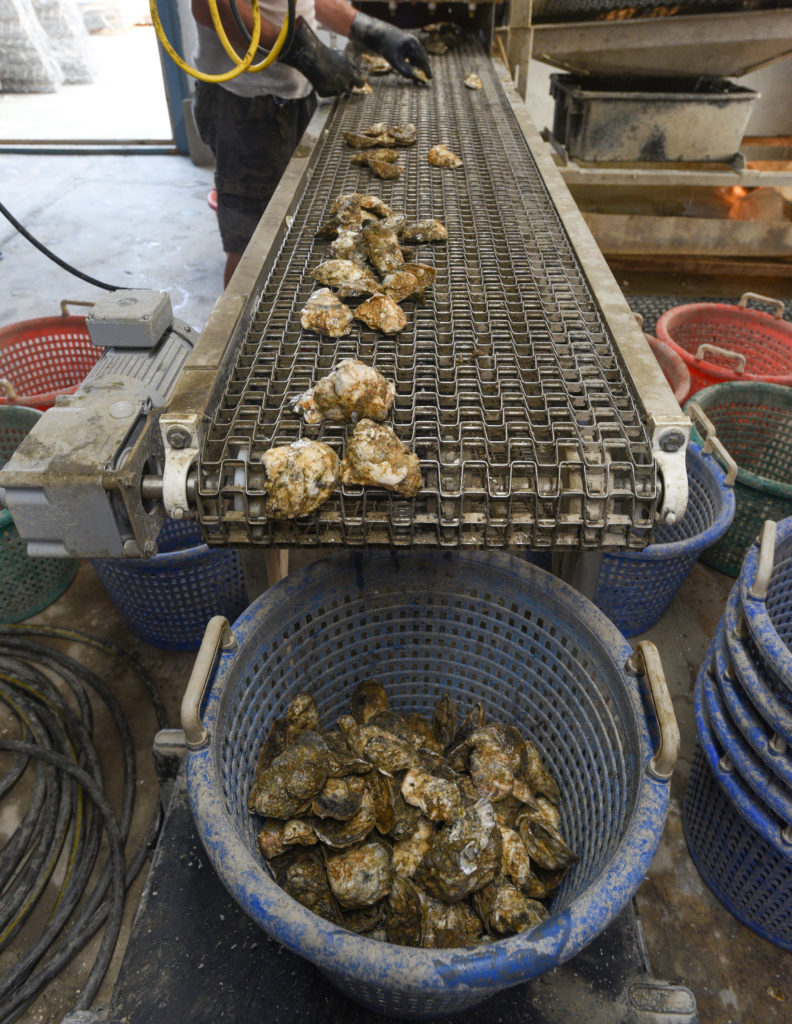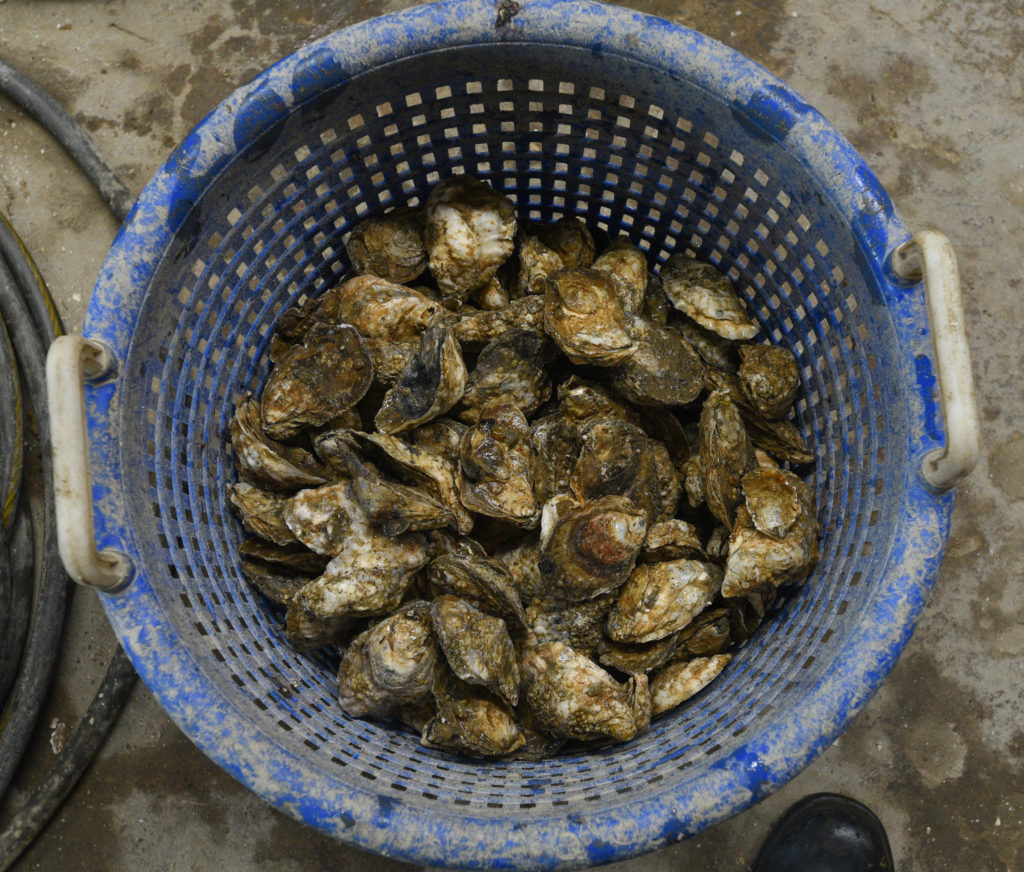
Early this month, the Agriculture Law Education Initiative made resources available on its website on the steps to transferring a commercial shellfish aquaculture lease along with the reasons and timing to do so.
“A shellfish lease is not inheritable and can’t be passed down to the next of kin through a will or estate,” said Nicole Cook, an environmental and agricultural faculty legal specialist with UMES Extension. “Being able to transfer a lease to a business entity or a co-leaseholder can offer some assurance of lease continuity. The transfer process can also be used to remove a co-leaseholder that may come about with changes in a business partnership or family relationships.”
ALEI, Maryland Sea Grant and Maryland’s Department of Natural Resources teamed up to make available a shellfish aquaculture lease transfer fact sheet to be used in conjunction with an online webinar recording. The educational resources are intended to provide “helpful, step-by-step” information to assist leaseholders.
“The ultimate goal is to help sustain Maryland’s aquaculture industry,” Cook said.
Cook supervises ALEI and Maryland Sea Grant legal policy fellows funded through a NOAA Sea Grant, one of which, Elissa Torres-Soto, worked closely with DNR to create the aquaculture lease materials. The fellowship, Cook said, is designed to “create a collaborative coastal law and policy resource in Maryland for the benefit of Maryland Sea Grant and ALEI stakeholders.”

Torres-Soto completed her fellowship in 2021 and is now a staff attorney at the Environmental Law Institute. The current fellow, Ju-Ching Huang, is looking at legal and policy challenges for Maryland’s developing land-based recirculating aquaculture system seafood industry in addition to investigating how climate change is impacting Maryland’s coastal aquaculture industry. The next fellow will begin their fellowship this fall.
The fellows’ projects are selected in collaboration with an advisory committee including members from the Maryland DNR, William & Mary’s Virginia Coastal Policy Center, Georgetown University Law Center, the Chesapeake Legal Alliance, the University of Maryland Center for Environmental Sciences, MDSG and ALEI.
ALE is a collaboration of the University of Maryland Francis King Carey School of Law at the University of Maryland, Baltimore, the College of Agriculture & Natural Resources at the University of Maryland, College Park and the School of Agricultural and Natural Sciences at the University of Maryland Eastern Shore.
Gail Stephens, agricultural communications and media associate, University of Maryland Eastern Shore, School of Agricultural and Natural Sciences, UMES Extension, gcstephens@umes.edu, 410-621-3850.
Photos by Todd Dudek, agricultural communications, University of Maryland Eastern Shore, School of Agricultural and Natural Sciences, UMES Extension, tdudek@umes.edu.

